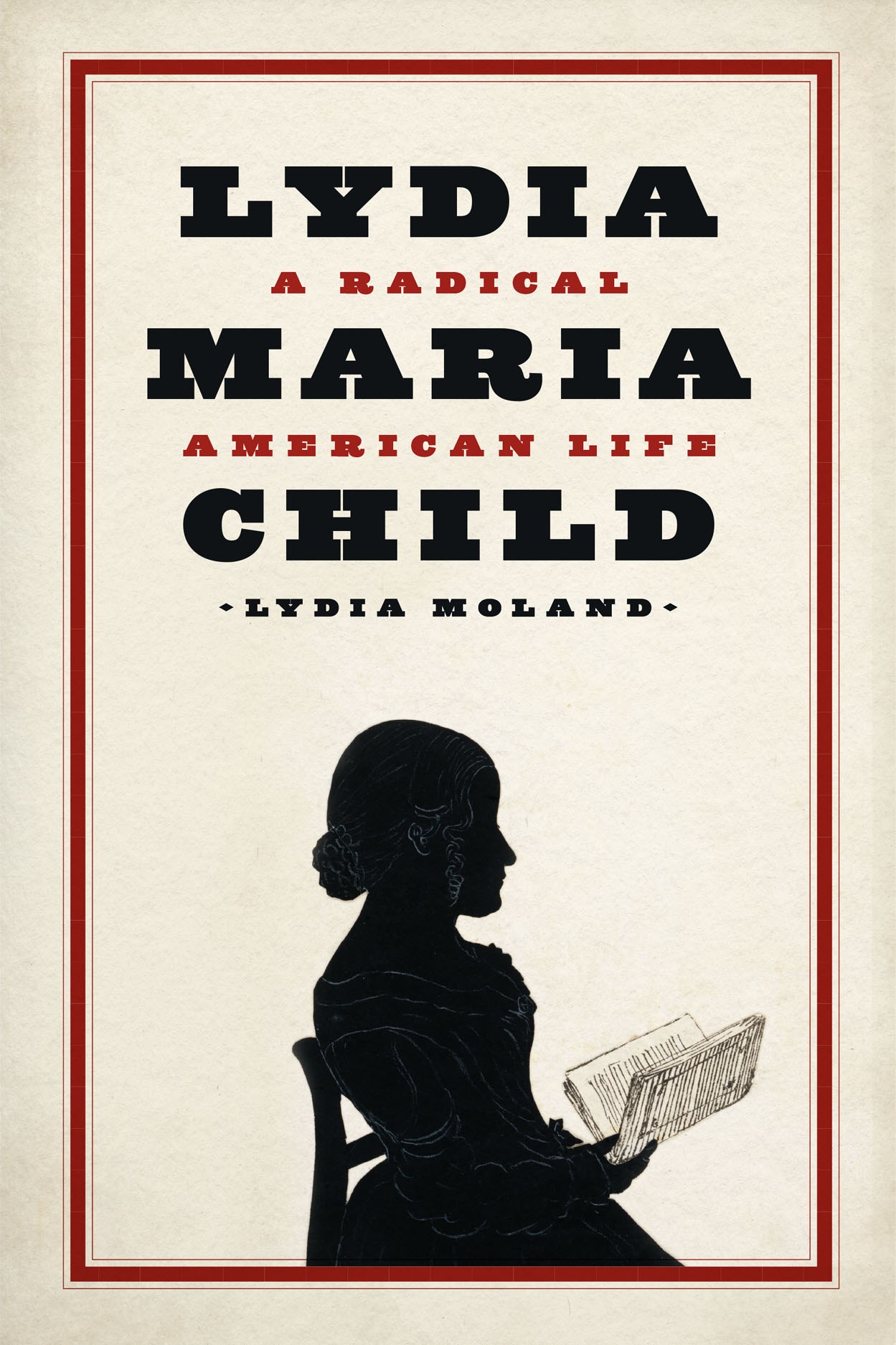At twenty-two, Lydia wrote her first novel, “pen scratching furiously,” Moland imagines. Hobomok: A Tale of Early Times (1824) depicted a consensual marriage between a Native American man and a white woman. Having heard that the influential Harvard professor George Ticknor admired the book, she shrewdly contacted him to ask for a good word. The prestigious North American Review had already mentioned it somewhat favorably, though it concluded that the plot was “not only unnatural, but revolting.” (“It would be hard to recover from that,” Moland writes.) But now the magazine ran a second, far longer notice that praised the novel’s style and characters despite its somewhat outré subject. Soon she was Ticknor’s protégée and the bright young doyenne of what Moland calls “the most genteel parlors in American’s self-proclaimed City on a Hill.”
Never a woman who stood in her own way, Lydia quickly published another novel, the mostly forgettable The Rebels, or Boston Before the Revolution (1825). At about the same time, she met the dashing David Lee Child, whom Moland characterizes as “ambitious, idealistic, persuasive, and charming—a combination perfectly suited for racking up debts.” Decidedly impractical, Child was upwardly mobile, or so it seemed. A farmer’s son, after graduating from Harvard he’d been employed as secretary to the American legation in Portugal until he walked off the job so he could volunteer to fight for Spain in its war of liberation against France. He returned to Boston “penniless,” Moland dryly remarks, but with “some very good war stories.” Subsequently admitted to the bar and elected to the state legislature, Child also happened to be an ardent opponent of Andrew Jackson and a litigious antislavery polemicist willing to take on the Jacksonians when he edited the soon-to-be defunct Massachusetts Journal.
Child possessed a “genius for not succeeding,” the novelist William Dean Howells observed. This was also true in his marriage, even though it lasted for nearly fifty years, albeit uneasily and with long periods of separation—at one point for almost a decade. The couple wed in 1828, but a year later David was convicted of libel and spent six months in jail. In part to shore up their finances, Lydia published a domestic advice manual, The Frugal Housewife (1829), aimed, she said, at “those who are not ashamed of economy”—that is, women who had to do their own housework because they couldn’t afford servants. By 1855 The Frugal Housewife was in its thirty-third printing. That didn’t stop Lydia from worrying about money; she wrote on the backs of old letters to conserve paper, though she would then donate what money she had to the Freedmen’s Aid Association or the Woman Suffrage Association. Penury was a fact of life.

